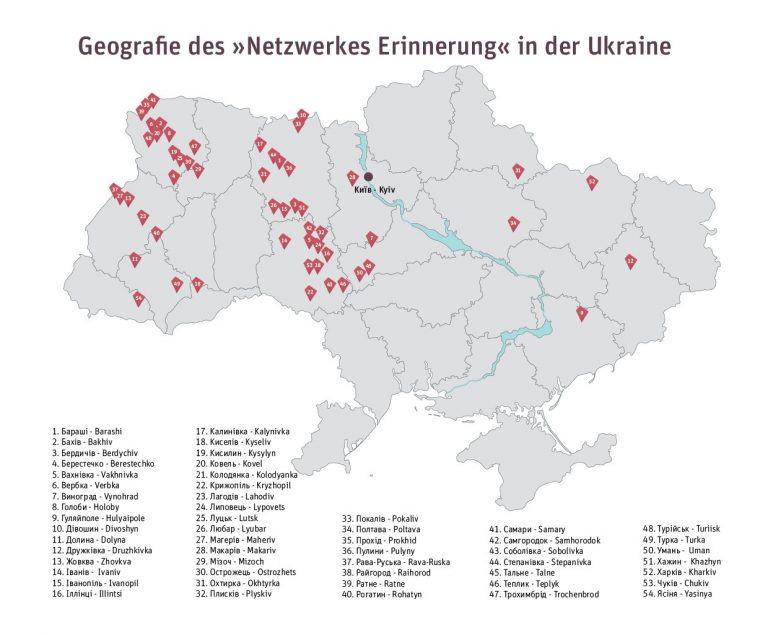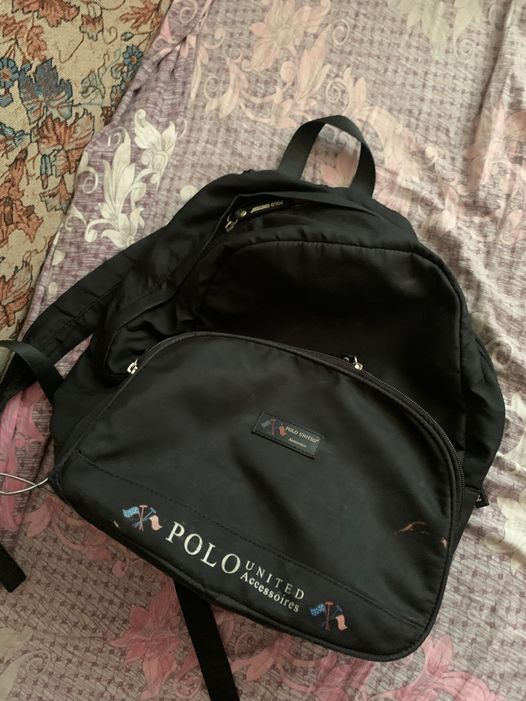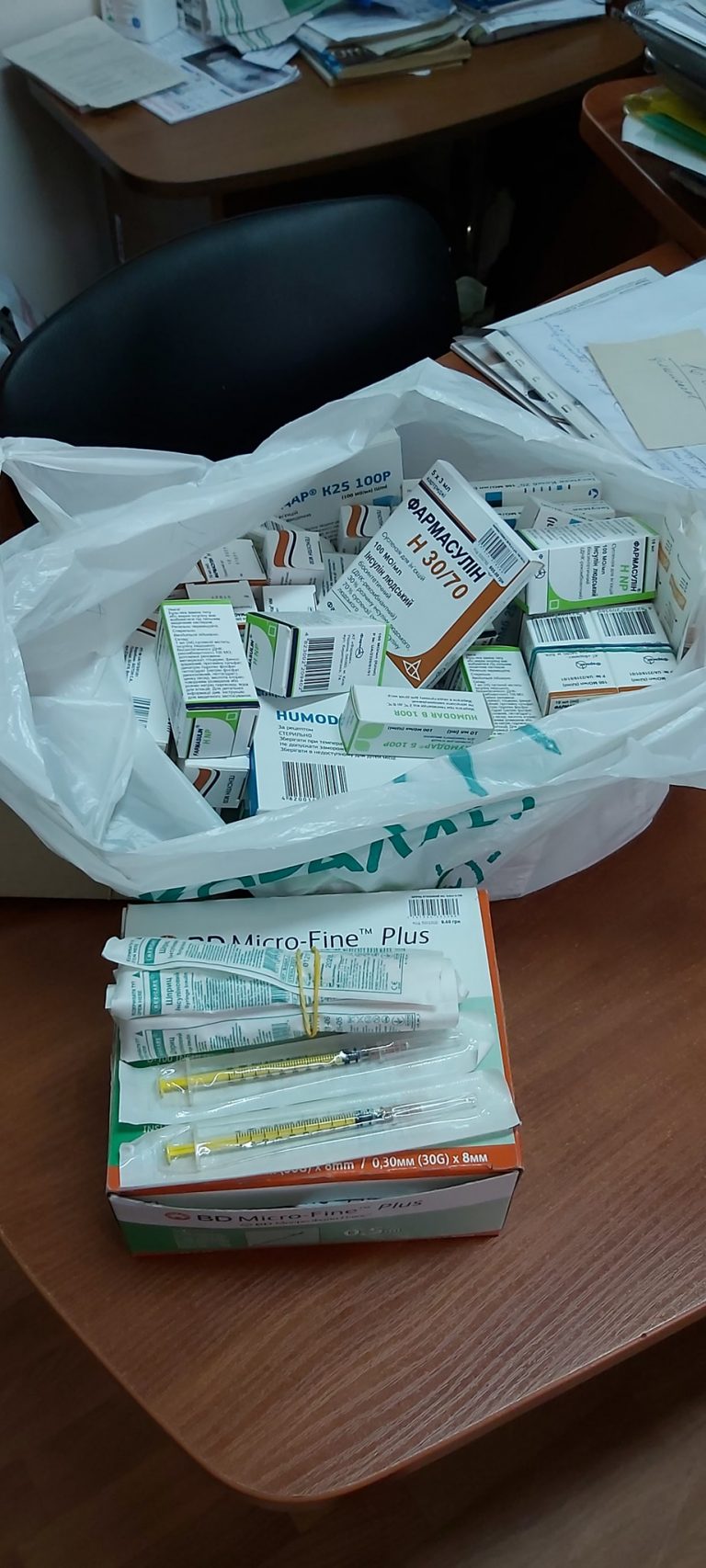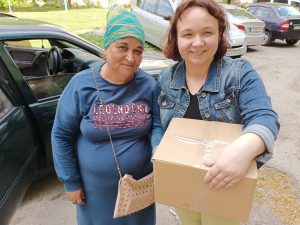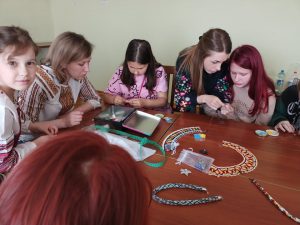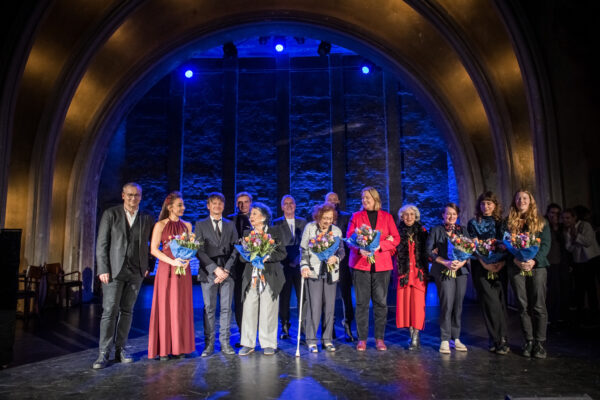All 40 places – communities and local initiatives – with which the project »Network Remembrance« cooperates to protect the mass graves of murdered Jews and Roma as well as for the remembrance of the Holocaust in Ukraine have been in a state of emergency since the beginning of the war.
Nevertheless, the Remembrance Project and its local partners – including in particular teachers, librarians, museum staff and historians – continue to work. Some Jewish communities, such as in Lutsk, Berdychiv, Vinnytsia or Brazlaw, are also partners of the project. In addition, there are about 25 mentors who individually accompany the work of the local communities.
The voluntary commitment of people in all parts of Ukraine is impressive and diverse: it is aimed at supporting the numerous internally displaced persons, organizing everyday life under war conditions, supporting people in need with medicines, hygiene and food, rescuing destroyed or threatened with destruction cultural assets and defending the country.
The project »Connecting Memory«, together with the Foundation Memorial to the Murdered Jews of Europe, is part of the initiative »Aid Network for Survivors of Nazi Persecution in Ukraine«, which was founded in March 2022, and participates in the search and collection of contacts of those in need, including elderly survivors of the Holocaust. Thanks to donations from this initiative and additional help, these people can be supported individually.
It strengthens us in our work very much to see how important networks and cohesion are, especially in such dramatic situations as war. In addition to practical help, the »Network Remembrance« also opens up space for its participants to ask questions about the consequences of the current war and the challenges for the culture of remembrance and the memorial sites of the violence of the Second World War.
VOICES FROM UKRAINE – Our project partners want to report
Our local project partners in Ukraine are ready to report on their impressions and everyday life during the war. Their experiences are very different: some places in eastern Ukraine have already been under Russian occupation (several times). Some people have decided to stay in the place, others have been forced to flee. They talk about refugee experiences, the reception and care of refugees within the country and the various forms of voluntary commitment.
We are happy to arrange contacts with our local partners and also organize the translation of the conversations. Contact: Connecting Memory, Tel.: +49 (0)30 263 9430, kontakt@netzwerk-erinnerung.de, https://netzwerk-erinnerung.de/
Ludmila Mishchenko, director of the Museum of Local History in Ochtyrka, tells the story
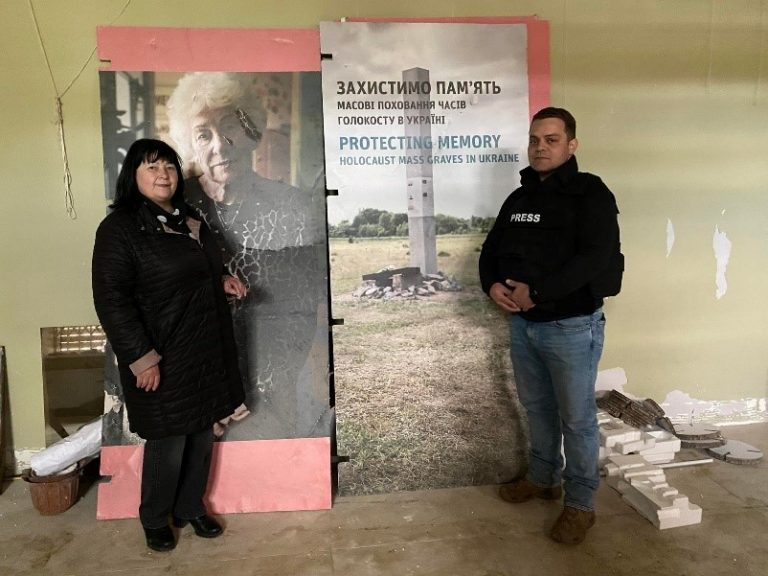
At the beginning of March 2022, Russian troops heavily bombed the town of Ochtyrka in the Sumy region. One of the grenades hit the Museum of Local History and destroyed it considerably.
Despite regular air raids and the difficult situation in Ochtyrka, the museum workers have rescued the remains of their museum collection from the ruins.
Before the beginning of the war, an exhibition of the project »Network Remembrance« on the protection of mass graves of murdered Jews and Roma in Ukraine was opened in the museum. » It is very symbolic,” Ludmila Mishchenko emphasizes, “that the exhibition on the crimes committed during the Second World War, damaged by Russian attacks, has been preserved. Memory lives on, and the traces of current military crimes cannot be hidden. The exhibition ›Preserving Memory‹ about the mass graves is proof of this. It is dedicated to the human fates and events of the Holocaust in Ukraine. And it makes it clear that the memory of the Holocaust is important! Especially now that areas of Ukraine and Ukrainians are suffering crushing losses, violence and torture at the hands of the Russian side.” Ludmila Mishchenko adds: “Life goes on – and that means that we will master all the challenges.”
BACKGROUND
Since 2010, the sustainable protection of the mass graves and the construction of worthy memorial sites in conjunction with active historical and educational work have been central concerns of the project. Between 2011 and 2019, in close cooperation with local and international partners, a total of 20 mass graves of the Jews and Roma murdered in the Second World War were designed as worthy places of remembrance and information.
In 2020, the new project »Connecting Memory« began, which builds on the goals and experiences of the previous project »Preserving Memory« and serves to support, strengthen and network local initiatives for the protection of mass graves and for the remembrance of the Holocaust in their work. The project work aims at the expansion of a broad network with other communities, project participants and partners as well as the development of measures for the long-term local anchoring of the memory of the Holocaust.
The Federal Foreign Office has been supporting the project since 2010, thus enabling its continuous development.
Aid network for survivors of Nazi persecution in Ukraine
In March 2022, an aid network for the survivors of Nazi persecution in Ukraine was formed on the initiative of the Berlin association KONTAKTE–KOHTAKTbI, in which the project »Connecting Memory« of the Foundation Memorial to the Murdered Jews of Europe is also participating. The aid network has set itself the goal of providing unbureaucratic and effective support to survivors of Nazi persecution in Ukraine, their families and colleagues from Ukraine affected by the war with the help of donations. Raisa Nabaranchuk, a surviving Romni from Kiev (Kyiv) who fled to Germany, received initial support.
The Alliance has been able to help over 300 people in various ways over the past three months. So far, 62,000 euros in donations have been used for this purpose. The coordination of the network is kindly supported by the Foundation Remembrance, Responsibility and Future (EVZ).
Contact person of the aid network is Ragna Vogel: vogel@kontakte-kontakty.de – Tel. +49(0)1520 4756887
Donation account at Berliner Volksbank
Recipient: Contacts-Kontakty
IBAN: DE59 1009 0000 2888 9620 02
BIC: BEVODEBB




